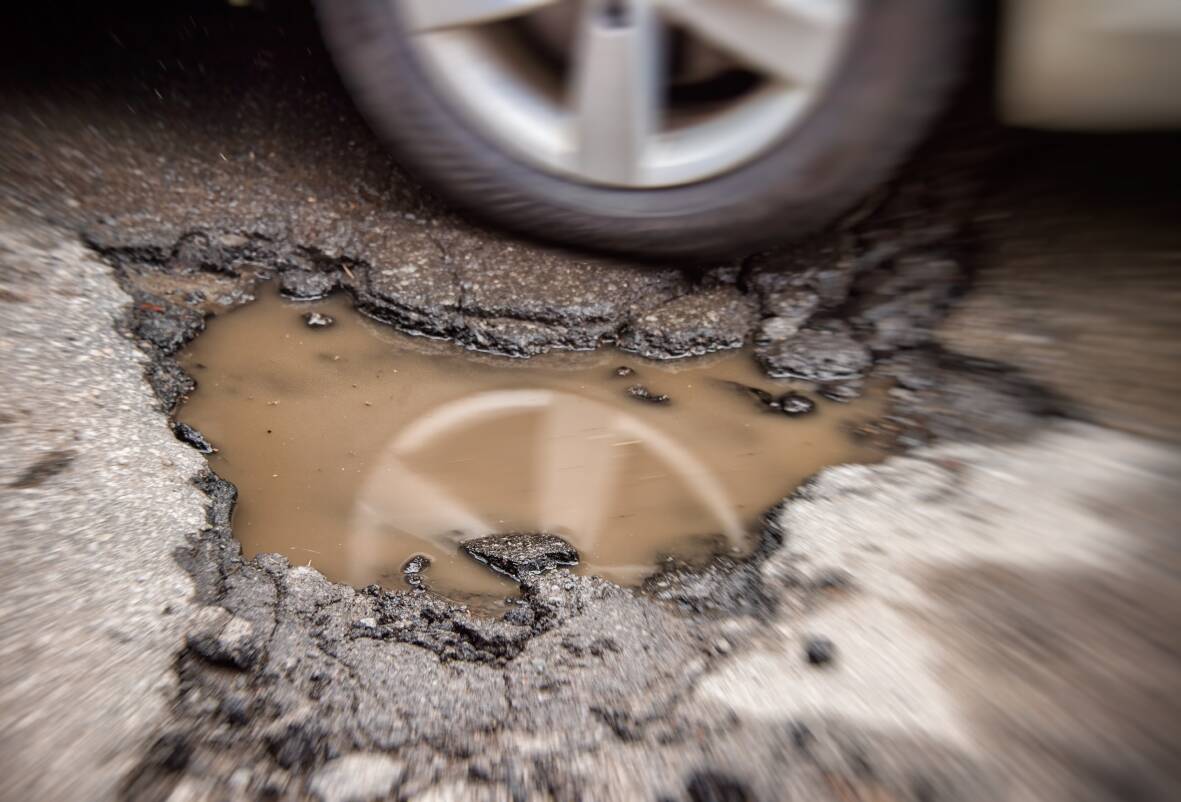
Late last week the federal minister for infrastructure, Catherine King, announced new priorities for national transport spending. The list exposes a divided Australia. In our capital cities there is lavish spending on transport megaprojects - chiefly motorways and metros - in order to cope with the nation's relentless population growth. Away from the capital cities, however, funding for transport infrastructure is struggling.
Of course, when we say 'transport infrastructure' in the regions we mean roads. Historically, the highways and arterial roads that traverse regions such as the Hunter have been built and maintained by partnerships between federal and state governments. Yet, as the report Potholes and Pitfalls by the policy think tank Grattan Institute reveals, about 75 per cent of Australia's roads are managed by local councils. On their websites I find that Lake Macquarie council is responsible for 1322 kilometres of local roads, and Cessnock council for 1157 kilometres. Newcastle, Singleton, Maitland, Dungog and Port Stephens councils each say they have 700 to 800 kilometres of local roads on their books. A typical capital city local government area, Grattan says, has barely half this responsibility.
Grattan reveals that the funding available to regional councils for maintaining local roads is severely inadequate. Grattan calculates that roads budgets for regional councils are underfunded by an average 42 per cent per annum. For remote area councils roads budgets are typically underfunded by an average 75 per cent per annum. For councils in capital cities, however, the underspend is a mere 14 per cent per annum on average.
Grattan's conclusion is stark. It says regional and remote councils "are in an impossible position." In other words, without urgent and generous assistance from federal and state governments, there is simply no way that councils outside the metropolitan areas can conjure a solution to the ongoing deterioration of local roads. Ask any councillor in the Hunter region and they will nod their head in furious agreement.
Grattan says that over the years the level of untied funding to local government from state and federal governments has been steadily eroded. Grattan calculates that local governments across Australia need an extra $1 billion a year to properly maintain local roads. This would amount to a whopping 25 per cent increase in the total roads budget currently available to local governments.
But, in addition to more money, says Grattan, local government needs expert staff, data and new technology to properly manage their roads. Moreover, while recognising the problem is already severe, Grattan says it will get worse. Kicking the can down the road, so to speak, converts a road maintenance problem into a succession of road rebuilding projects, and ballooning costs. Grattan estimates that the cost of road reconstruction is five to 10 times the cost of preventive maintenance.
Then there is the challenge of climate change. Extreme heat dries and cracks asphalt and bitumen surfaces, opening roads to water damage when the rains come. La Nina weather conditions in the Hunter in recent years showed what happens when crumbling roads are deluged. Over-stretched roadside drains become proxy dams, road bases collapse, potholes appear, and heavy traffic completes the demolition.
For too long state and federal governments have resorted to one-off, band-aid, road funding schemes for regional areas. After the rains, the promotional roadside signs spring from the mud. Roads to recovery, they proclaim, or black spot removal, or disaster relief, and so on. Meanwhile as Grattan tells us, the problem gets worse and worse and worse.
Last week the federal transport minister acknowledged the flaws in how the nation's transport spending was delivered. Many projects were hooked. The minister revealed new methods for evaluating future projects. Yet absent from the minister's documents is mention of the vast and growing problem of local roads in the regions. Grattan has exposed the problem and offers a solution. The minister should take heed. After all, her portfolio is supposed to include regional development and local government.
-
Phillip O'Neill is professor of economic geography at Western Sydney University






